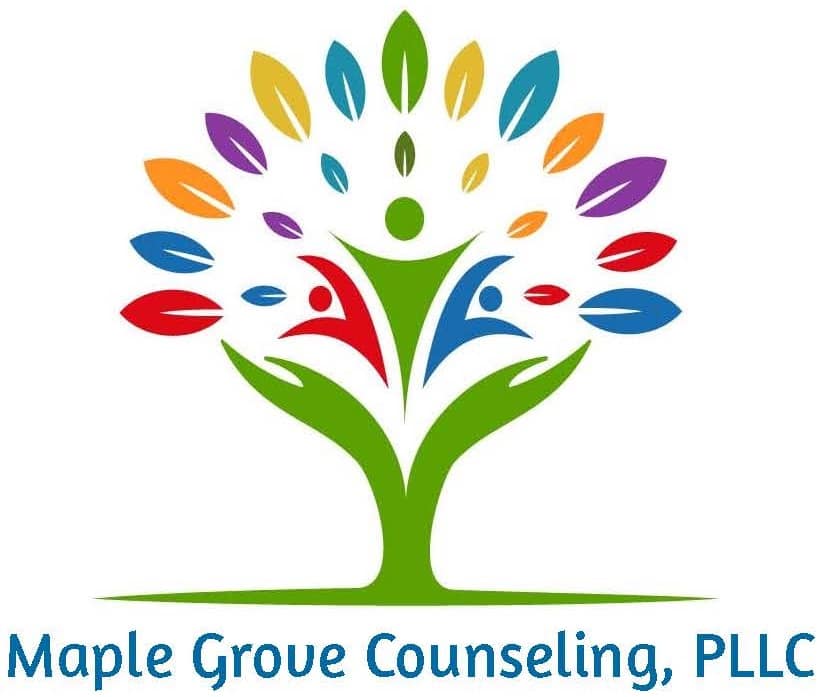New Years Resolutions

Holly provides therapy for kids, teens, and families in St. Lawrence County and throughout the greater New York area.
The content on this page is not intended to be medical advice or otherwise. To get help with your unique situation contact Holly to schedule an appointment.
When people think of the new year, that typically comes with thinking about a New Year’s Resolution. According to Oscarsson, 2020, about half of the population sets a New Year’s Resolution, and only half of them are successful in maintaining their resolution at the one year follow up. Further, 25% of people who have set a resolution abandon their goal within the first week. So what can we do to increase our odds at maintaining our goal? There are a few helpful tips that can turn this daunting task into a habit.

Setting a resolution can work for you with a little support!
Is this a SMART goal?
First let’s look at the goal you have set for yourself. Is your goal SMART? SMART is an acronym for Specific, Measurable, Attainable, Relevant, and Time-Related. Having a specific goal will make it easier to measure your progress. For example, stating you will improve your mental health in the new year would be difficult to measure if you’re making progress. However if you state you will meditate for five minutes every morning before you start your day, you are able to track daily how your progress is going. This seems obvious, but your goal will need to be Attainable. Setting a goal that you will run a marathon every week when you struggle to run one mile wouldn’t be realistic. This will leave you immediately feeling discouraged and that much more likely to give up. This leads to also wanting your goal to be relevant. Does it align with your values and what is important to you? Figure out the “why” behind the goal. Making it something important to you will help with motivation and follow-through. Setting a time-frame can help with motivation on working towards your goal as well. It gives you the opportunity to measure your progress and see how far you are away from your goal by the specific time-frame. You can have a broad long term goal, but will likely have more success if you set SMART goals.
Allow for Setbacks
Measuring your progress also allows for setbacks. Maybe the first week you only remembered to meditate two times in the morning. This doesn’t mean you failed at your resolution. It means you started your resolution. Allowing yourself to have setbacks will keep up your confidence in your ability to maintain your goal. Setting smaller goals inside your larger picture can also be helpful in managing your setbacks; starting with meditating three times per week and working your way up to every day over the course of several weeks. Furthermore you can work towards establishing this habit by doing it when you remember. If you forgot to meditate in the morning before starting your day, you can meditate at any point during the day as long as it gets done!
Have a small support system
Studies have shown that having a small support group, such as an accountability partner, has a higher success in maintaining your resolution, versus no support (Oscarsson et al., 2020). Finding a partner who has a similar goal, or someone who has already achieved the goal, can increase your odds of being successful. Having someone to vent to about the struggles and celebrate the victories, who understands what you’re going through! You’ll want to have regular check-ins with your partner to ensure you’re on track, or identify what needs to change to realign you with your goals.

Setting a New Year’s Resolution doesn’t have to be an overwhelming chore that you give up after two weeks. You are able to set realistic goals that are achievable by taking just a few steps! If you’re not sure where to start, download this January calendar for a new healthy habit each day.
https://www.additudemag.com/download/new-year-calendar-adhd-healthy-habits-2023/
Oscarsson, M., Carlbring, P., Andersson, G., & Rozental, A. (2020). A large-scale experiment on New Year’s resolutions: Approach-oriented goals are more successful than avoidance-oriented goals. PLOS ONE, 15(12). https://doi.org/10.1371/journal.pone.0234097
https://www.psychologytoday.com/us/blog/the-adaptive-mind/201909/9-steps-create-changes-will-last
Do more of what’s already working for you! -Salil Jha
Related Content

